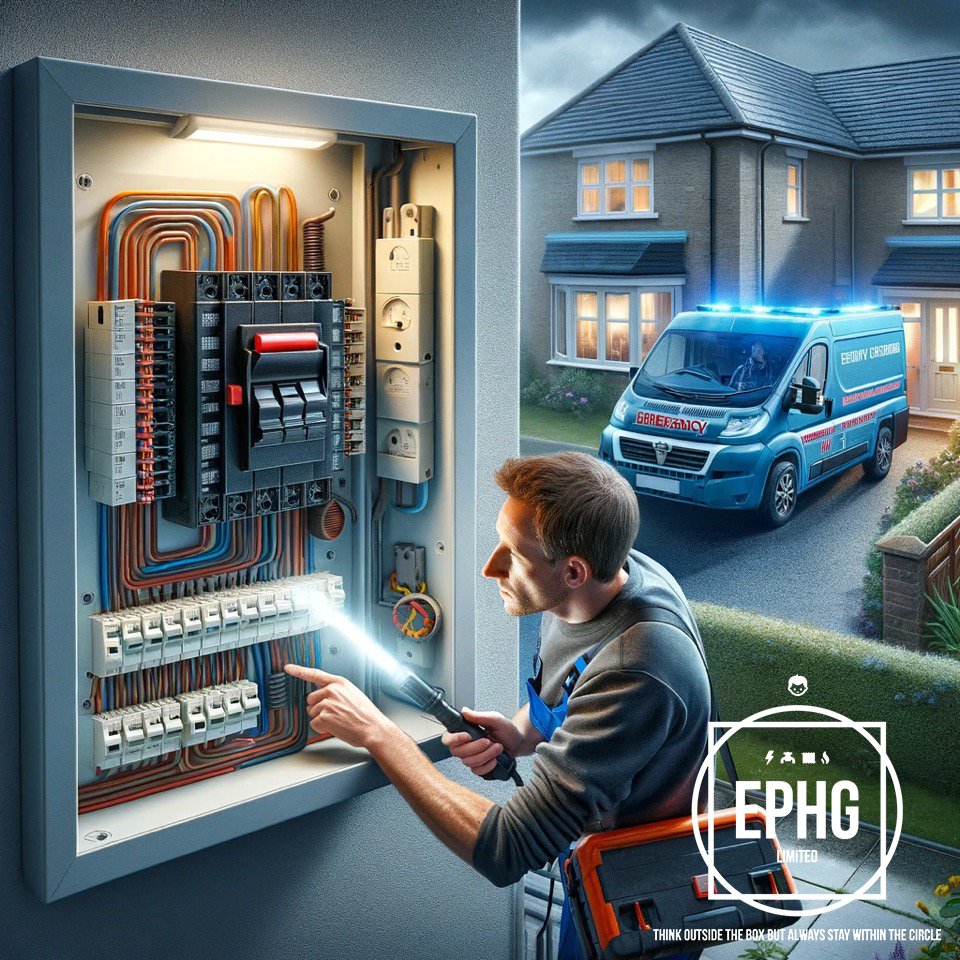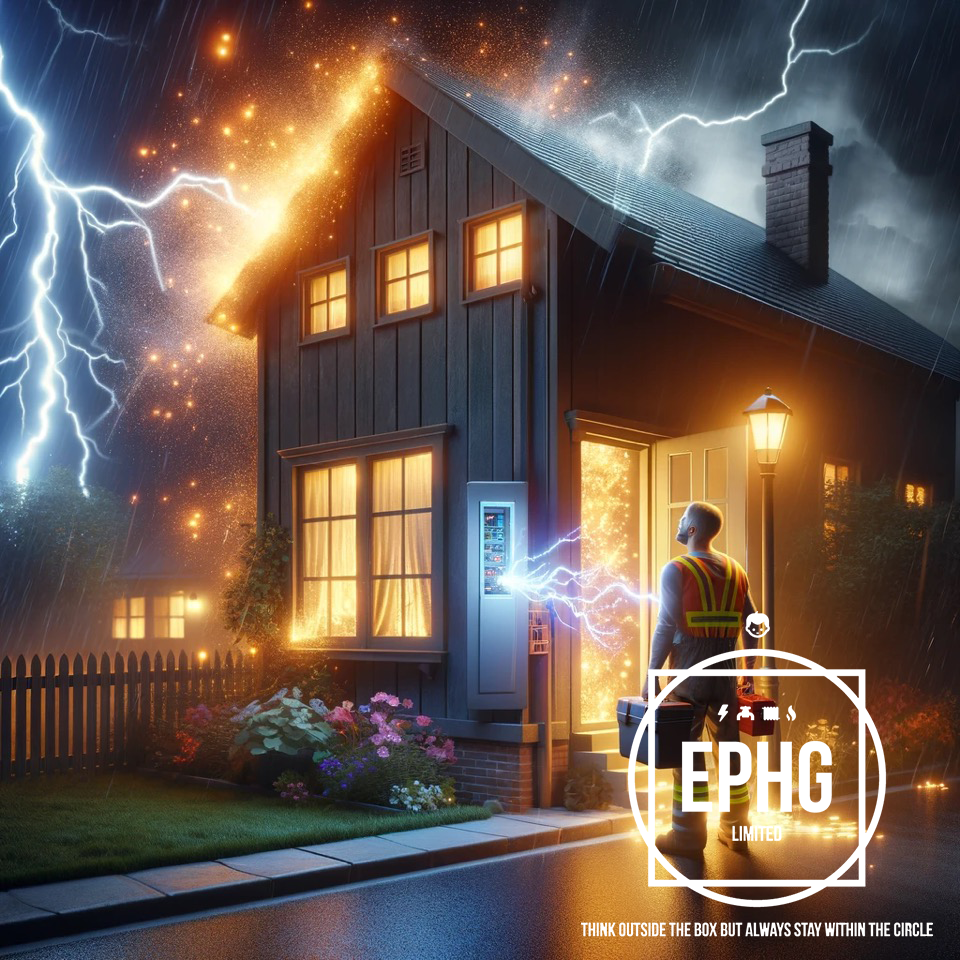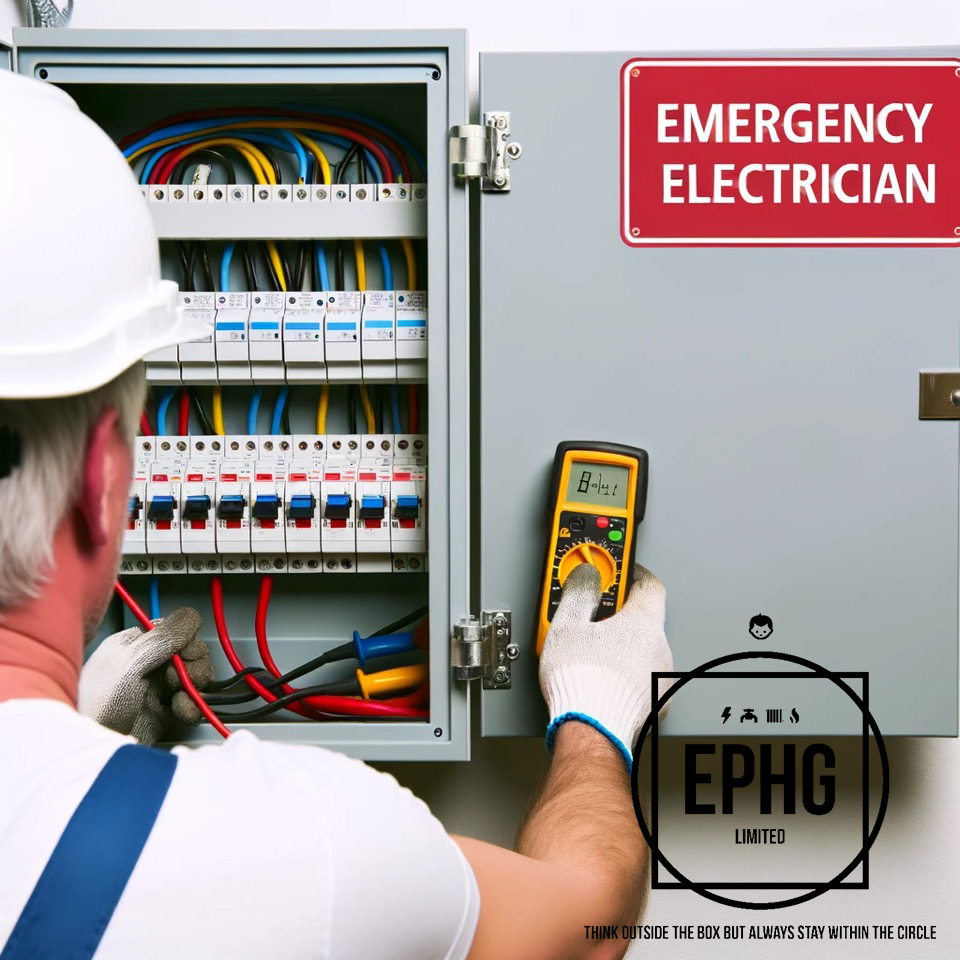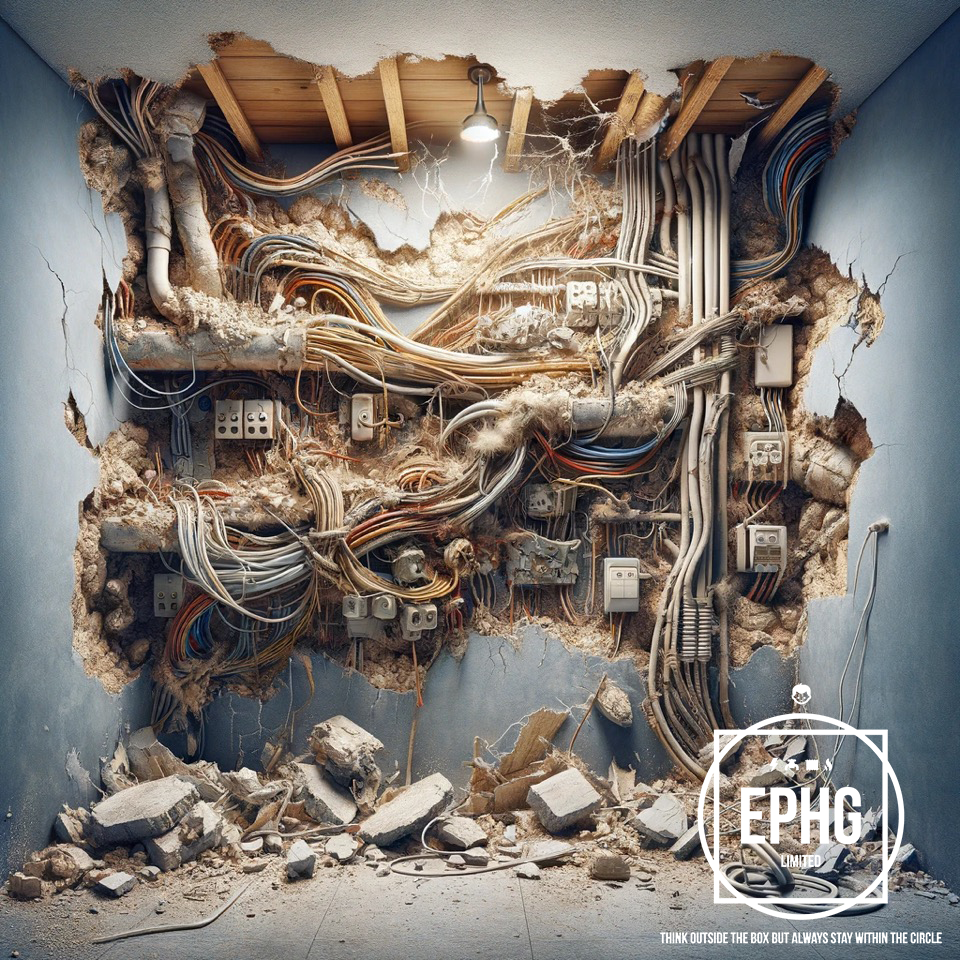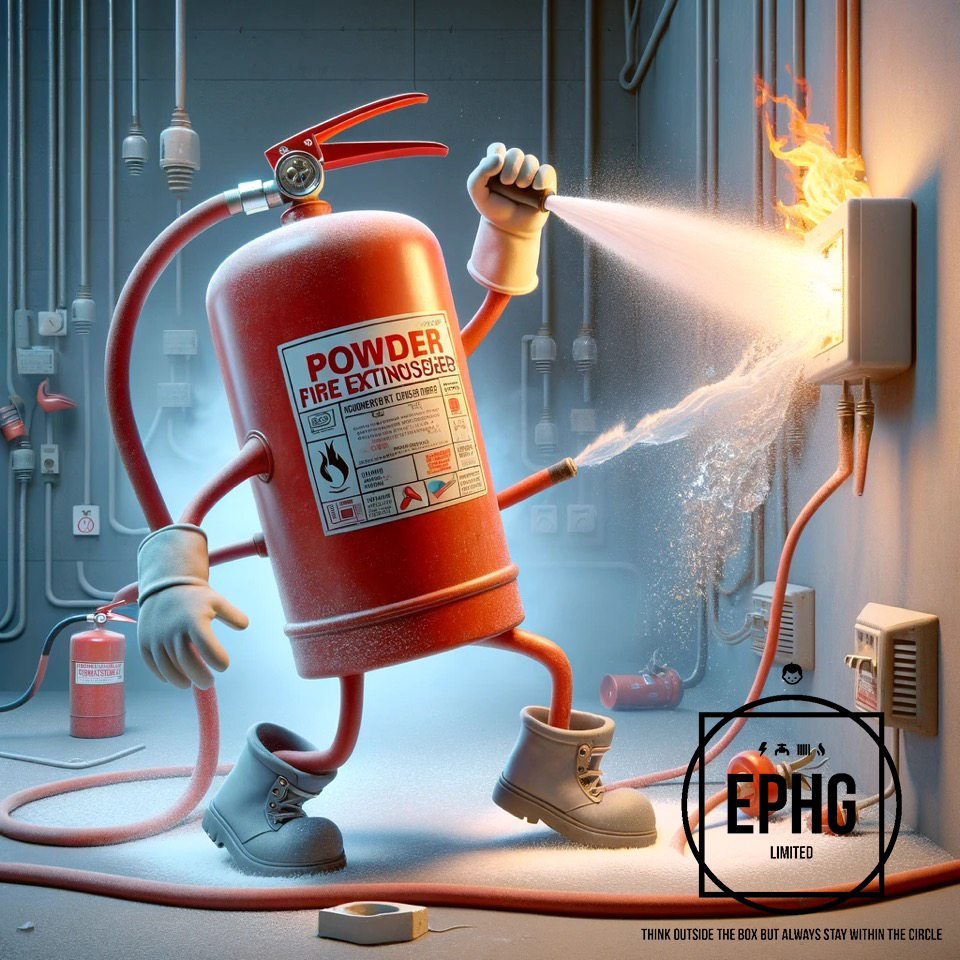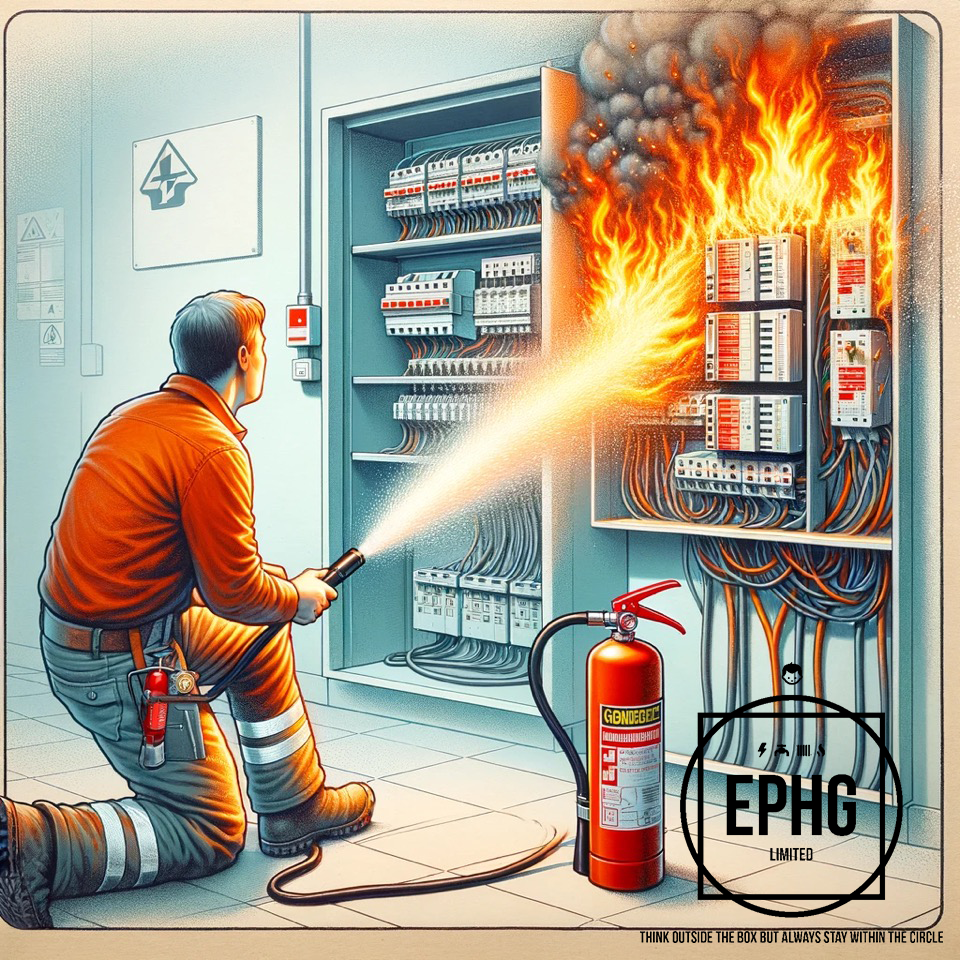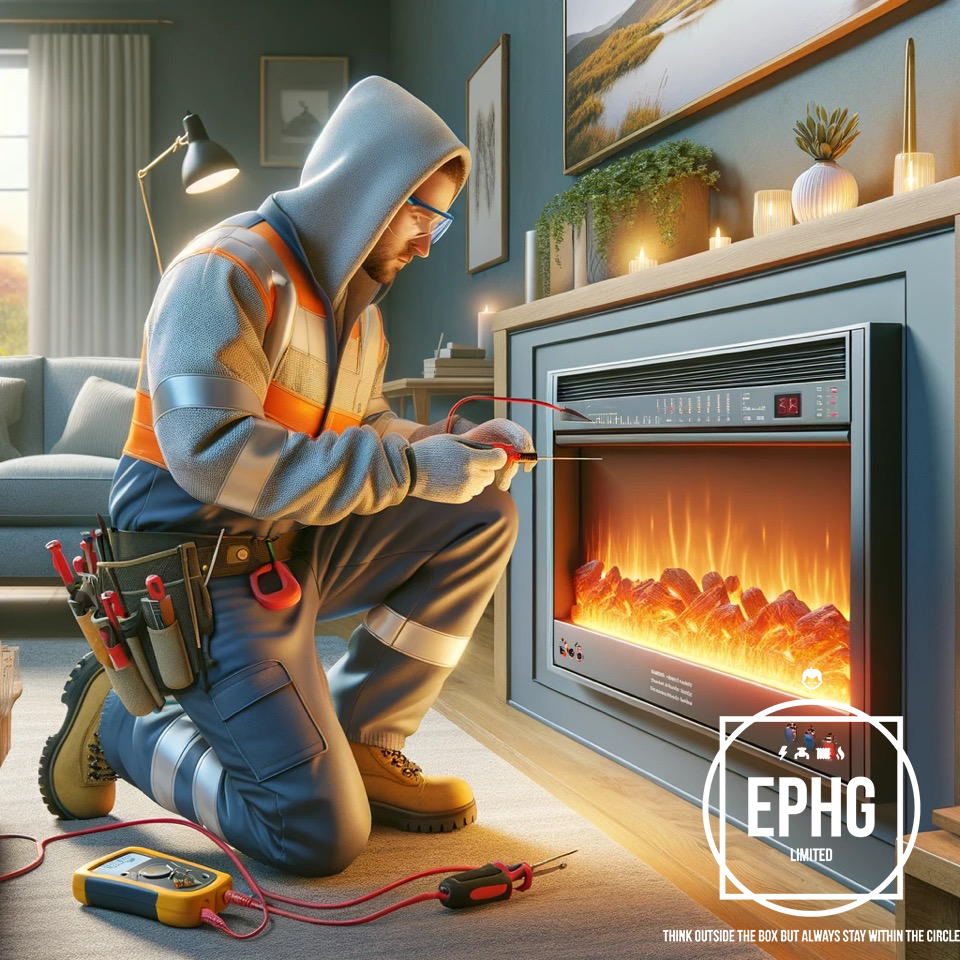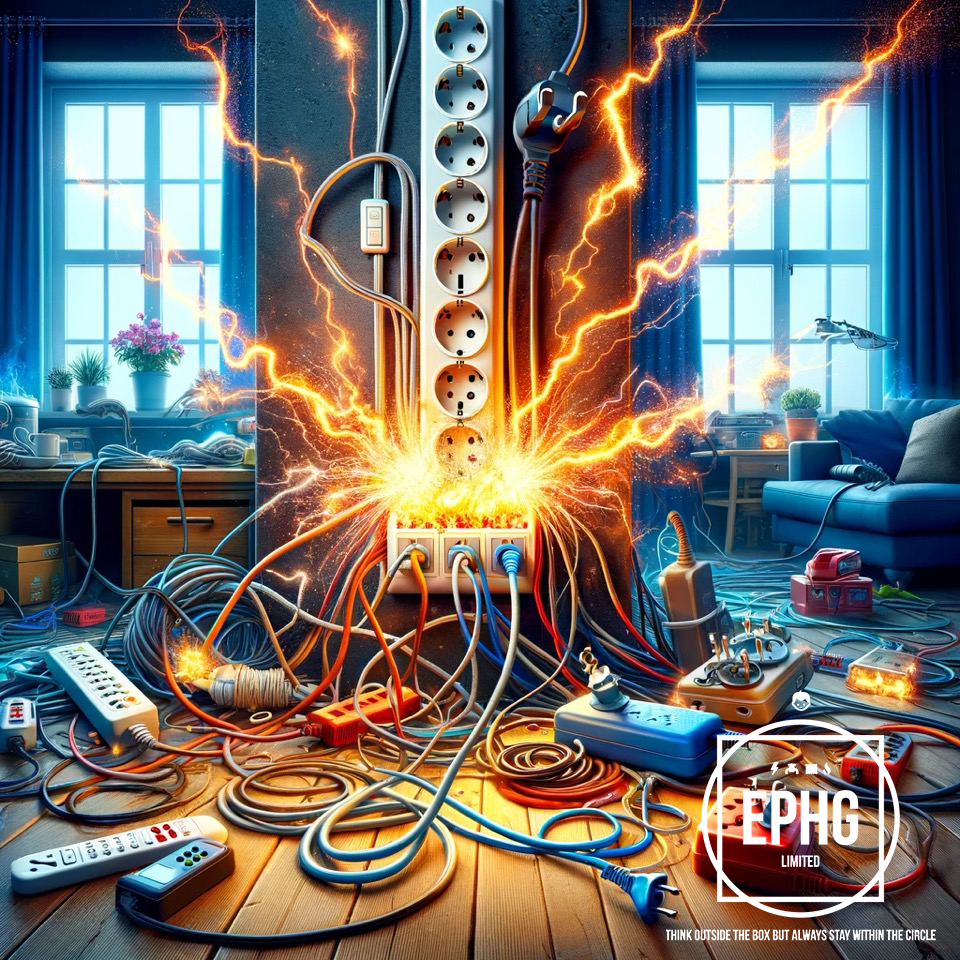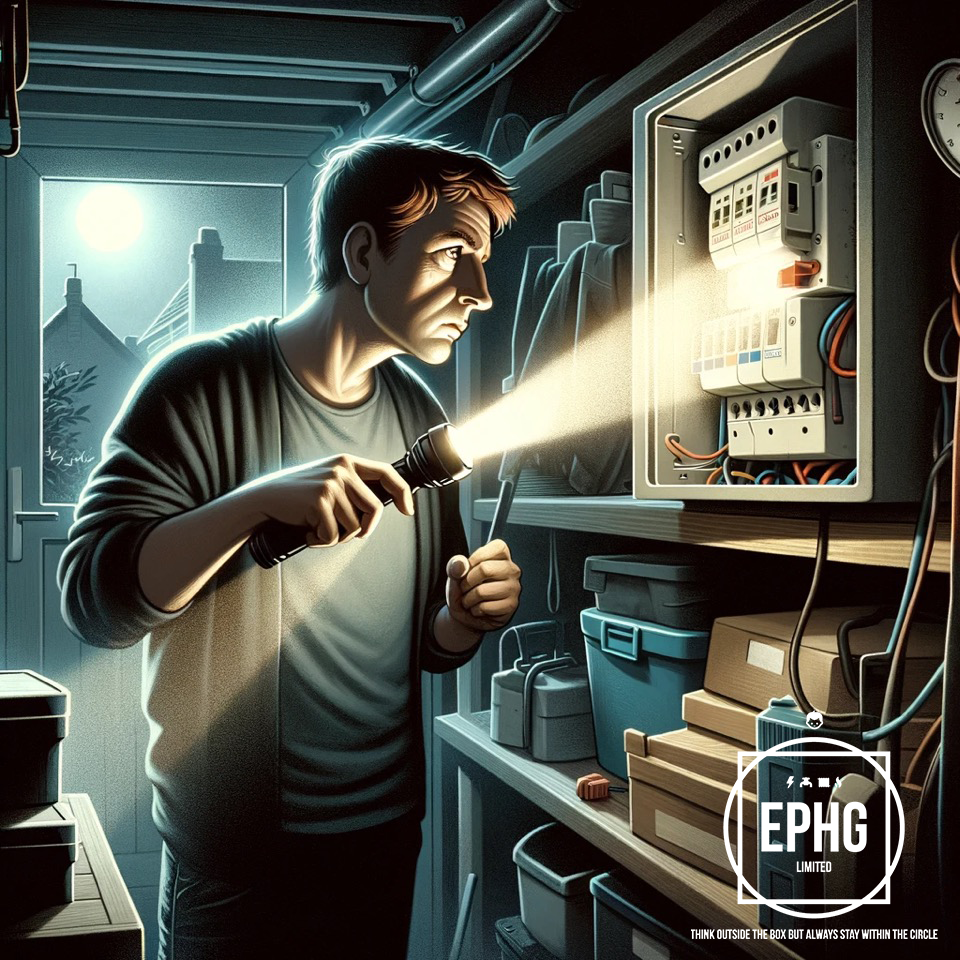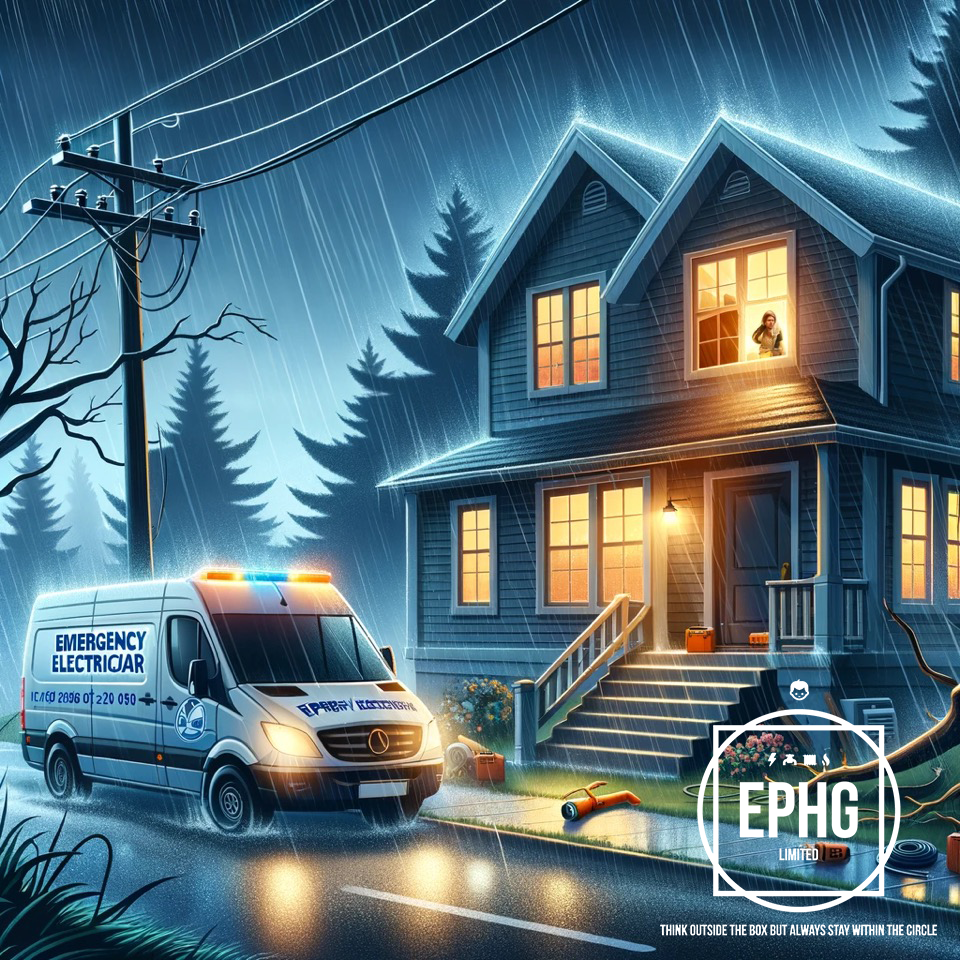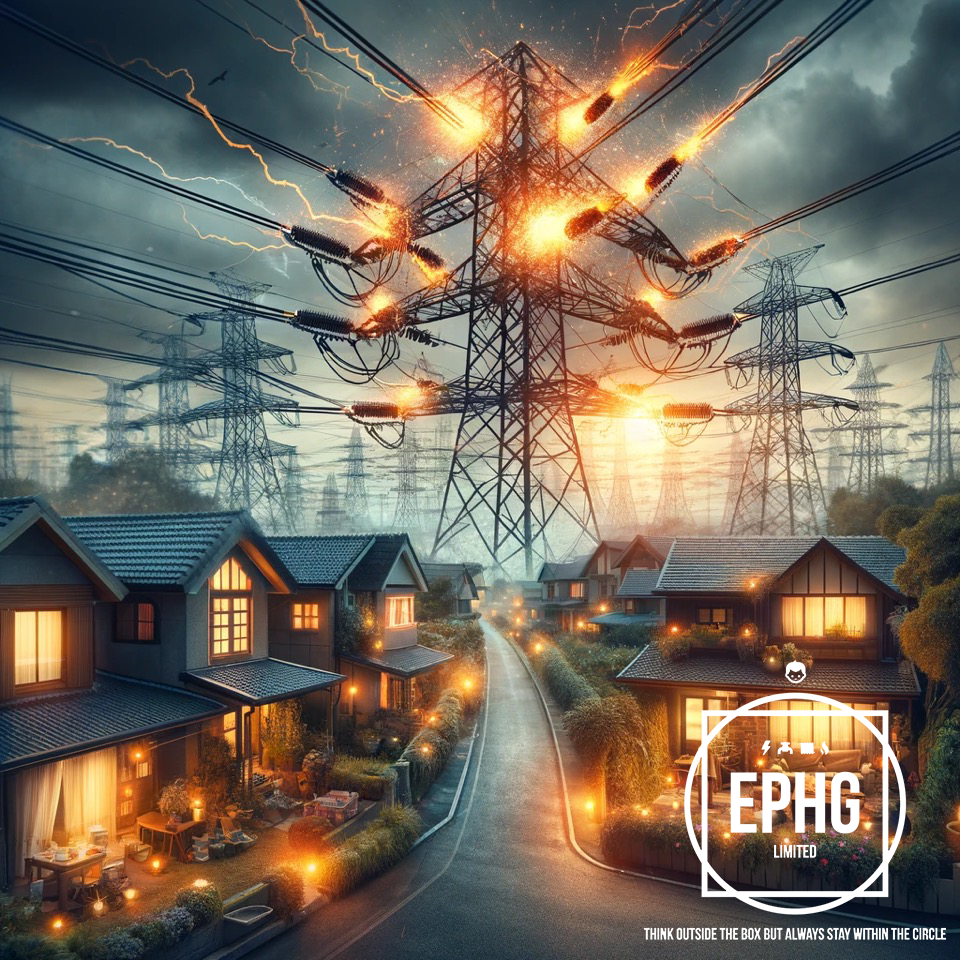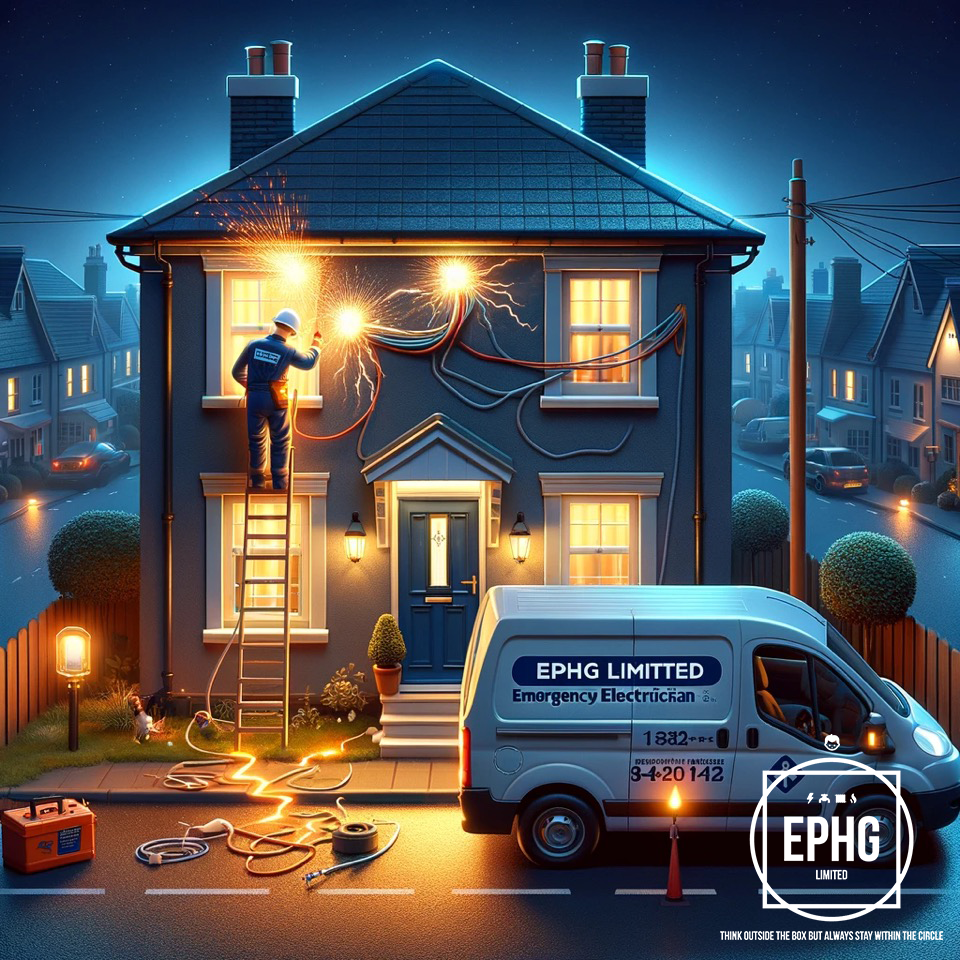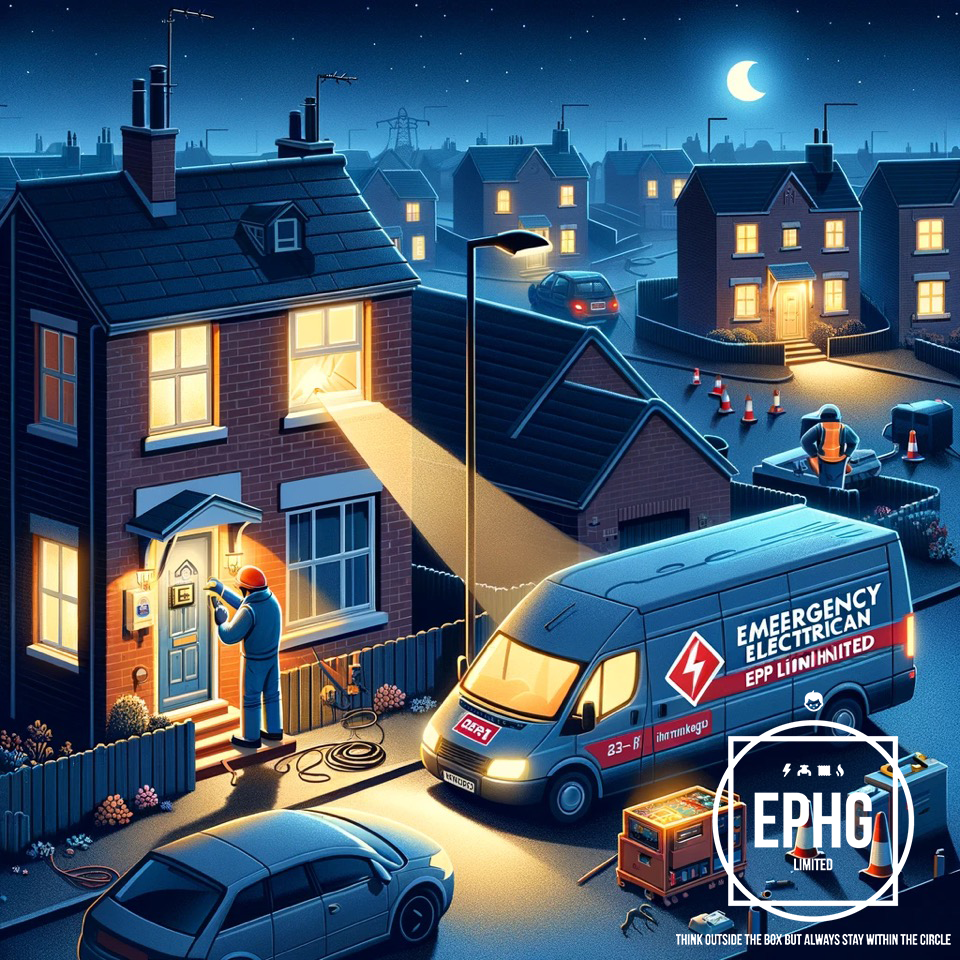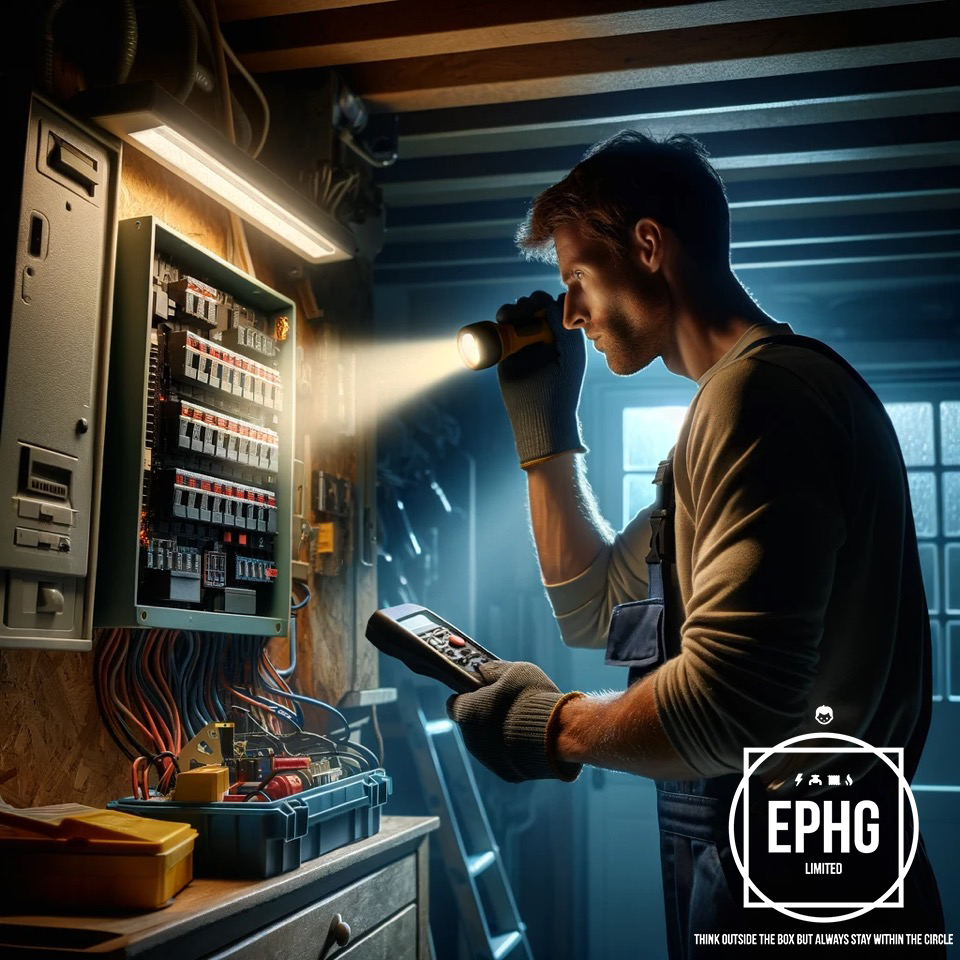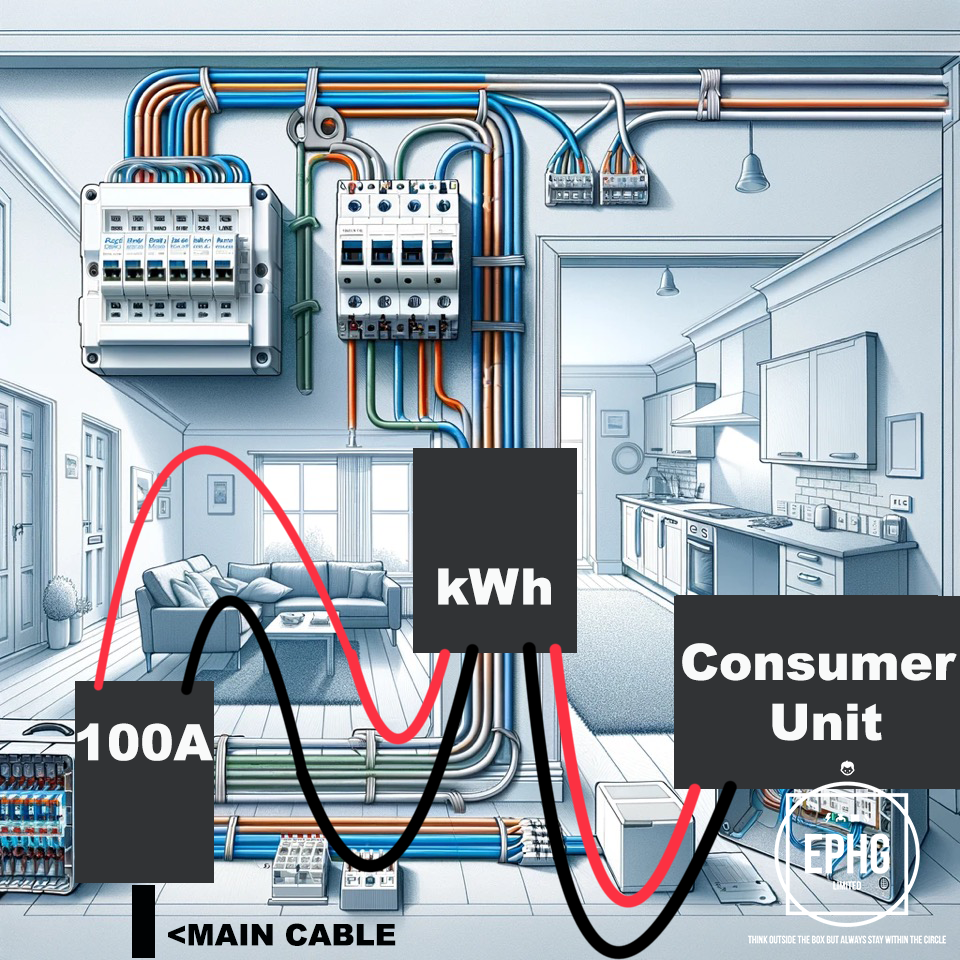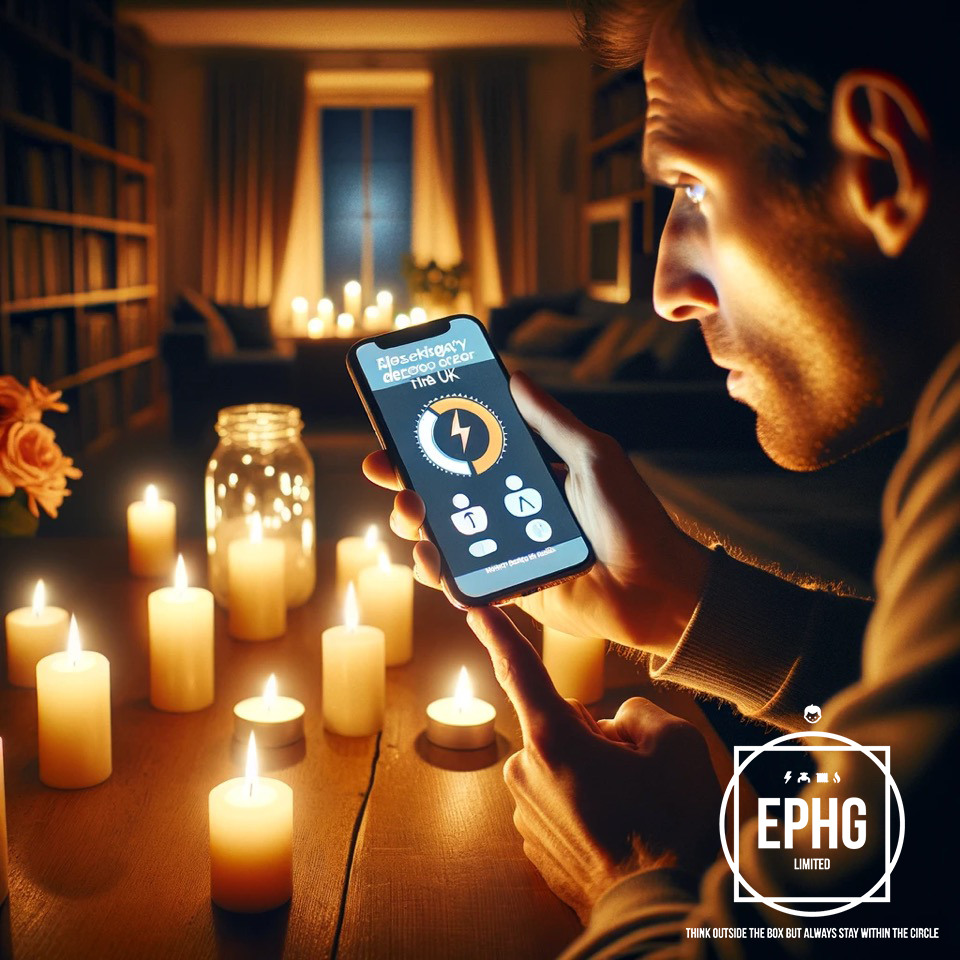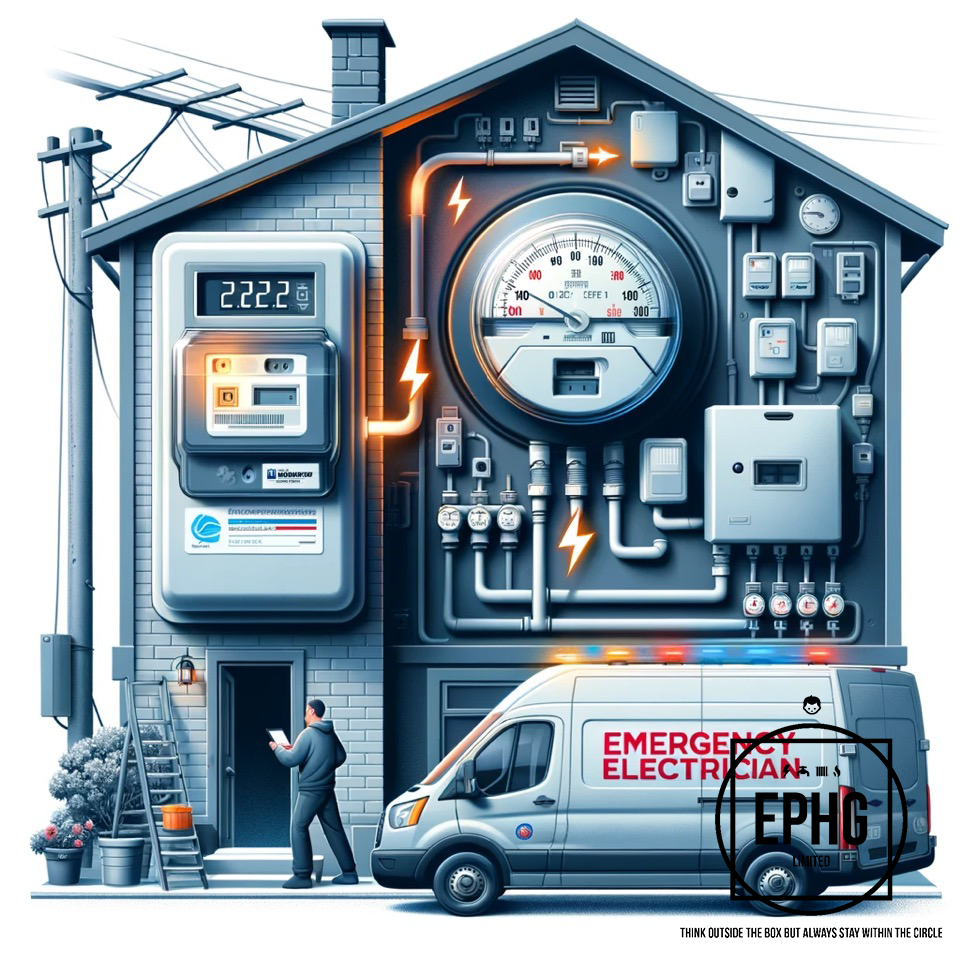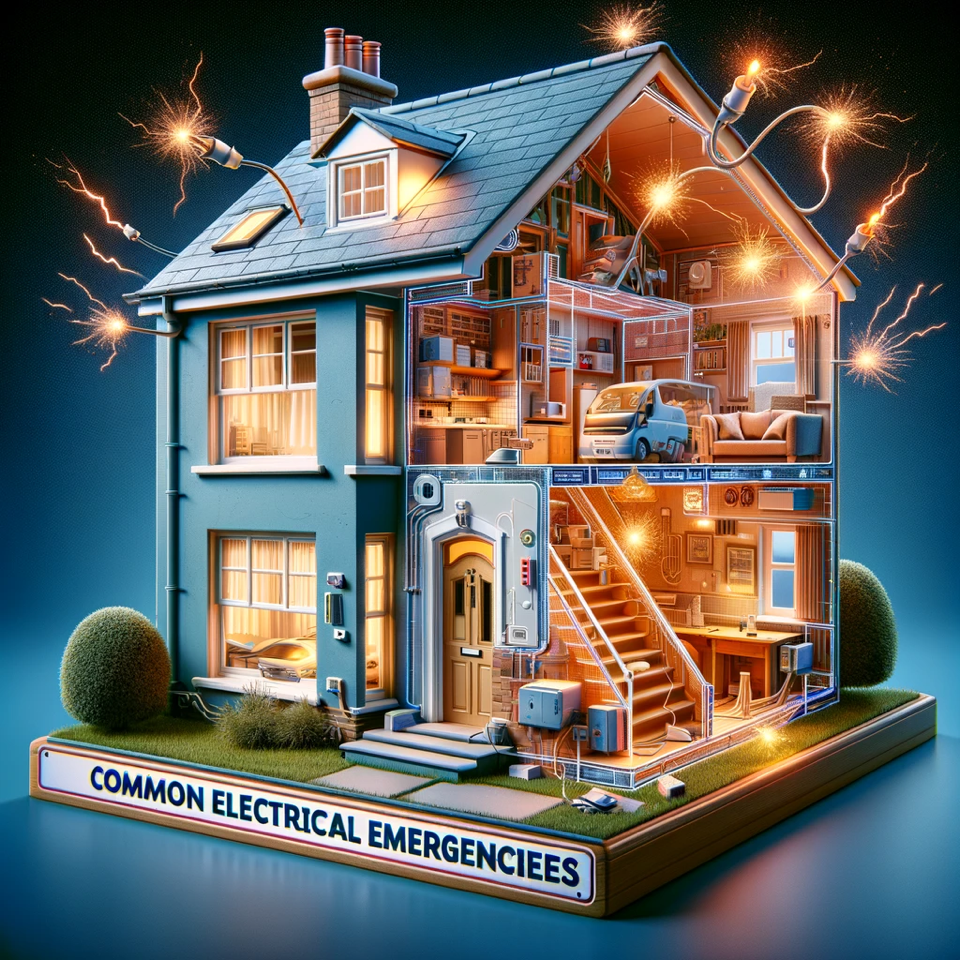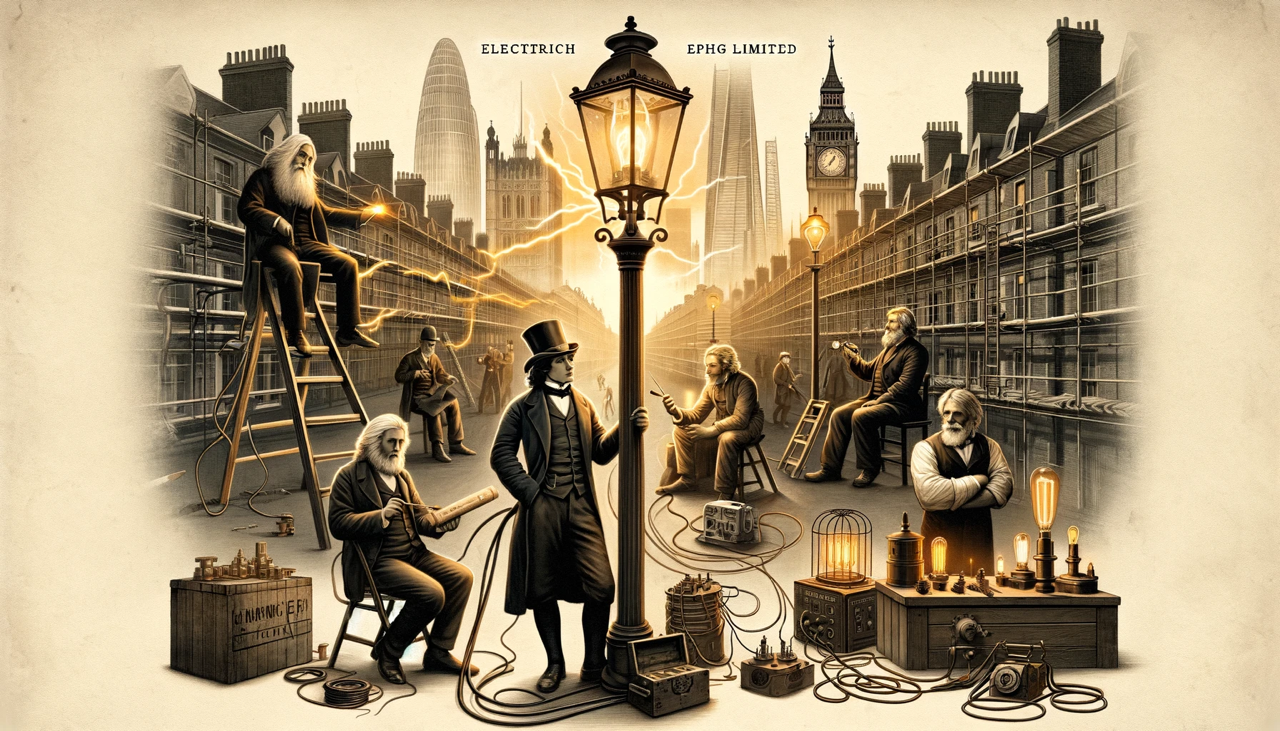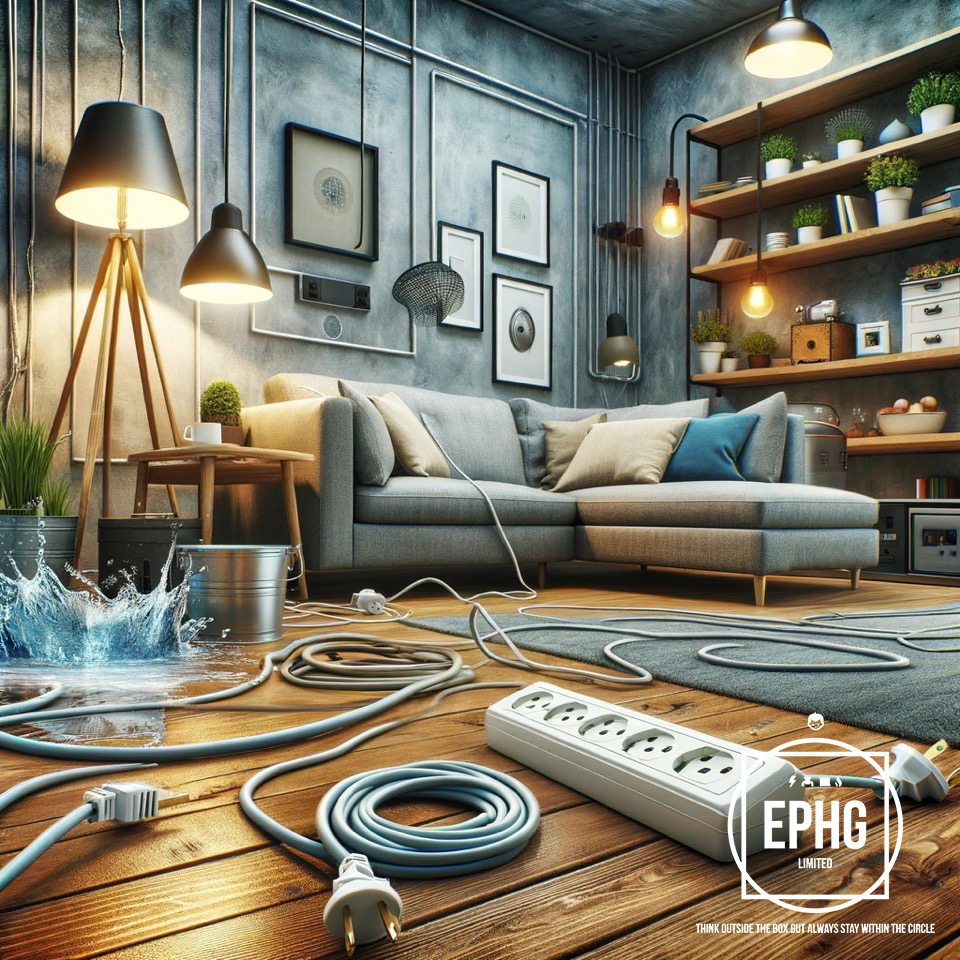
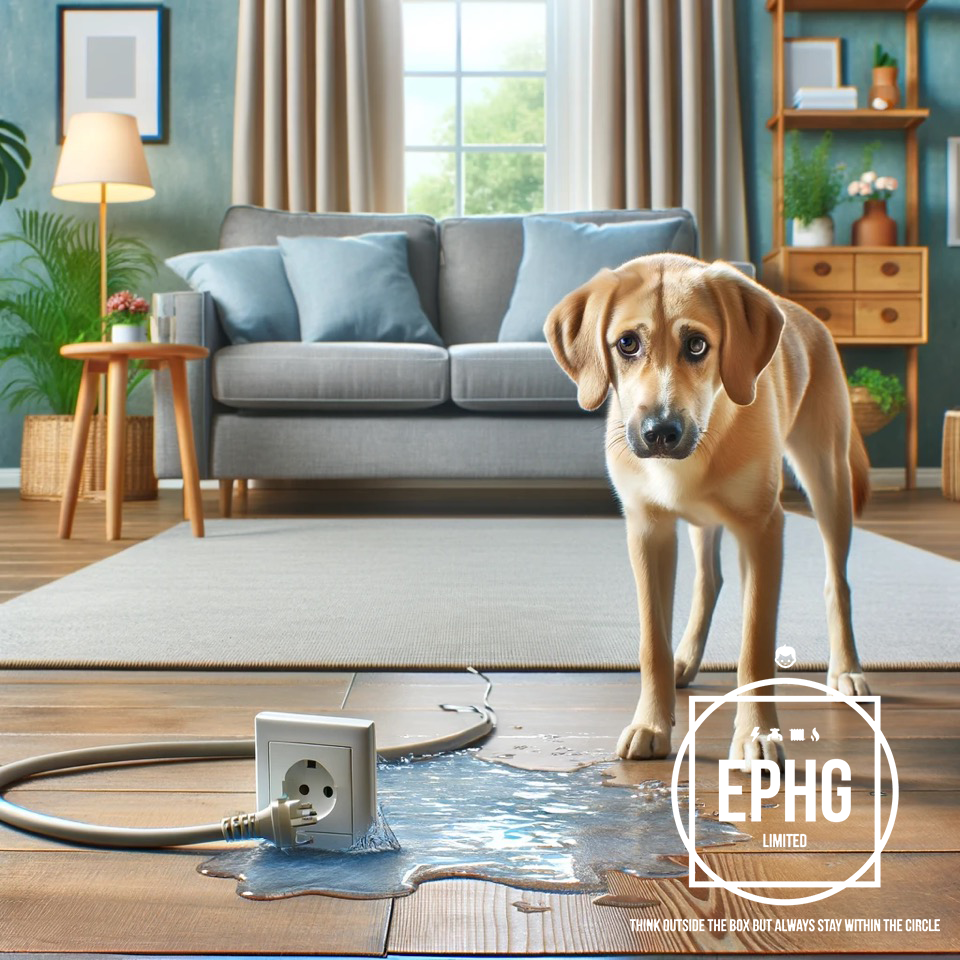
How to Handle Electric Shocks in Your Home: The Essential Guide to Emergency Electricians
Electric shocks within the home are not just startling; they signify underlying electrical issues that demand immediate expert intervention. Understanding the risks associated with electric shocks and recognizing the pivotal role of emergency electricians are crucial steps in safeguarding your home and family. This article aims to guide homeowners through the causes, risks, and solutions to electrical hazards, emphasizing the need for professional emergency electrician services.
The Hidden Dangers of Electric Shocks at Home
An electric shock occurs when a person comes into contact with an electrical energy source, causing current to flow through the body. This can lead to anything from a slight tingling sensation to severe injuries or even fatal consequences. The danger lies not only in the shock itself but in the potential electrical faults within your home's wiring, appliances, or fixtures that could cause such an incident.
Common Causes of Electric Shocks in Homes
Several factors can contribute to the occurrence of electric shocks in a household. Some of the most common include:
- Faulty Electrical Appliances: Using appliances with damaged cords, plugs, or internal wiring can lead to electric shocks.
- DIY Electrical Work: Incorrectly installed wiring, outlets, or switches can pose significant risks.
- Water and Electricity Contact: The presence of water can increase the risk of electric shocks, particularly in areas like kitchens and bathrooms.
- Worn or Outdated Wiring: Old or damaged wiring can lead to electric shocks and is a common issue in older homes.
The Role of Emergency Electricians
When faced with an electrical emergency, the expertise of an emergency electrician is invaluable. These professionals are trained to quickly diagnose and resolve electrical issues, ensuring your home is safe and your electrical system is up to code. Here are several scenarios where you might need to call an emergency electrician:
- After an Electric Shock Incident: To prevent further incidents, it's crucial to have your electrical system checked immediately.
- Power Outages or Surges: Frequent or unexplained power outages and surges can indicate serious electrical problems.
- Burning Smells or Sparks: These signs can indicate a potential fire hazard within your electrical system.
Preventing Electric Shocks: Tips for Homeowners
Preventing electric shocks requires a proactive approach to electrical safety. Here are some tips to help you minimize the risks:
- Regular Electrical Inspections: Have a licensed electrician inspect your home's electrical system periodically to identify and fix potential hazards.
- Use GFCIs: Install Ground Fault Circuit Interrupters (GFCIs) in areas where water and electricity are likely to come into contact.
- Safe Appliance Use: Regularly check and maintain electrical appliances to ensure they are in good working condition.
- Educate Your Household: Ensure all family members understand the basics of electrical safety and the importance of not tampering with electrical fixtures.
Conclusion: Electric shocks in the home are a serious warning sign of potential electrical hazards. The role of an emergency electrician is critical in diagnosing, repairing, and preventing electrical issues that could lead to such dangerous situations. By understanding the causes, risks, and preventative measures, homeowners can significantly reduce the likelihood of electric shocks and protect their homes and loved ones from electrical hazards. Remember, electrical safety is paramount, and when in doubt, always call a professional emergency electrician.
